We support internationalisation
Focus of financing 2020
The past year has shown how vulnerable the globally networked German and European economies can be in times of global crisis. The spread of COVID-19, as well as the accompanying national responses of many states, has created enduring uncertainty. This led to caution among some investors and also impacted the financings of KfW IPEX-Bank.
Nevertheless, KfW IPEX-Bank also made important contributions in 2020 to overcoming emerging challenges – whether by financing measures for environmental protection and climate action, securing domestic jobs or maintaining and expanding key infrastructure, including digital infrastructure.
By financing two new “E-Flexer” ferries for Swedish-based international shipping company Stena, KfW IPEX-Bank has underpinned its commitment to supporting exports, also in difficult times. The bank’s USD 180 million loan will enable Stena to operate modern vessels with particularly high energy efficiency. The ferries are equipped with two rather than four engines, which reduces fuel consumption by 25% as well as corresponding CO2 emissions. Energy efficiency is also a focus of the design, with the hulls shaped to reduce resistance through water to a minimum. Modelling shows that the Energy Efficiency Design Index (EEDI), which is a specific measure of a cargo ship’s CO2 emissions, is around 20% below the maximum value prescribed by the International Maritime Organization. A considerable portion of the ferries’ equipment comes from suppliers in Germany and Europe.
Financing provided for a state-of-the-art ammonia plant in north-west Mexico is also safeguarding domestic employment in the export sector. Moreover, the plant, which is owned by Swiss-based Proman Holding AG, will create numerous local jobs – about 2,500 on-site workers will be employed during the construction phase, while 265 highly skilled jobs will be created during the operational phase. The total investment volume is USD 1.25 billion, of which altogether USD 860 million in debt capital will be provided by a bank consortium led by KfW IPEX-Bank and comprising national and international lenders. The plant will be built in the port city of Topolobampo in the Mexican state of Sinaloa on the Gulf of California. With a capacity of 770,000 tonnes per year, it will produce ammonia locally as a fertiliser and a primary product for fertiliser to improve the current undersupply of the Mexican market. Düsseldorf-based Proman GmbH, a subsidiary of Proman Holding AG, is relying on German and European components for production – the bank consortium is financing equipment manufactured in Germany alone to the tune of USD 390 million. Overall, components from Europe worth USD 715 million will be installed.
Doing business in a responsible way should not be limited to home ground, and this applies to environmental protection and climate change mitigation in particular. Regardless of where in the world the use of renewable energy is being expanded, the global climate benefits. In 2020, seven years after the Karaburun wind farm was first erected in Turkey west of the city of Izmir, KfW IPEX-Bank financed the expansion of the project. The total investment volume adds up to USD 157 million. The capital provided is made up of a tranche covered by Euler Hermes and financed equally by KfW IPEX-Bank and LBBW to the tune of approx. USD 95 million, and a mezzanine tranche worth the equivalent of USD 39 million. The financing will raise total installed capacity of the wind turbines by 132 MW to 252 MW in the future. KfW IPEX-Bank’s commitment supports ENERCON, an Aurich-based manufacturer of wind energy converters, which has built and installed all the turbines for the Karaburun wind farm.
KfW IPEX-Bank finances projects that build forward-looking infrastructure, encourage sustainable economic growth and support innovation. These include financing for telecommunications company Deutsche Glasfaser, which KfW IPEX-Bank has supported with EUR 120 million. The total investment volume of EUR 1.3 billion will be used to expand Fibre to the Home (FTTH) connections for private households in Germany. Deutsche Glasfaser is Germany’s leading FTTH provider, specialising in rural areas. Unlike conventional copper cables, with FTTH a fibre optic cable is routed directly to the user and data is transmitted at the speed of light. Deutsche Glasfaser’s network has seen strong growth in the past year, with 630,000 fibre optic connections installed by the end of 2019. Deutsche Glasfaser is now planning to double the number of connections by the end of 2021.
Legal notice:
The information contained in this online Annual Report 2020 is based on KfW IPEX-Bank’s Management Report 2020, which you can download here (in German, English version will follow soon). Should this online Annual Report 2020, despite the great care taken in preparation of its content, contain any contradictions or errors compared to the Management Report, KfW IPEX-Bank’s Management Report 2020 takes priority.
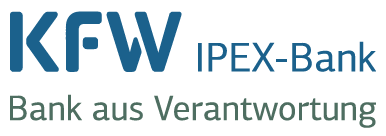
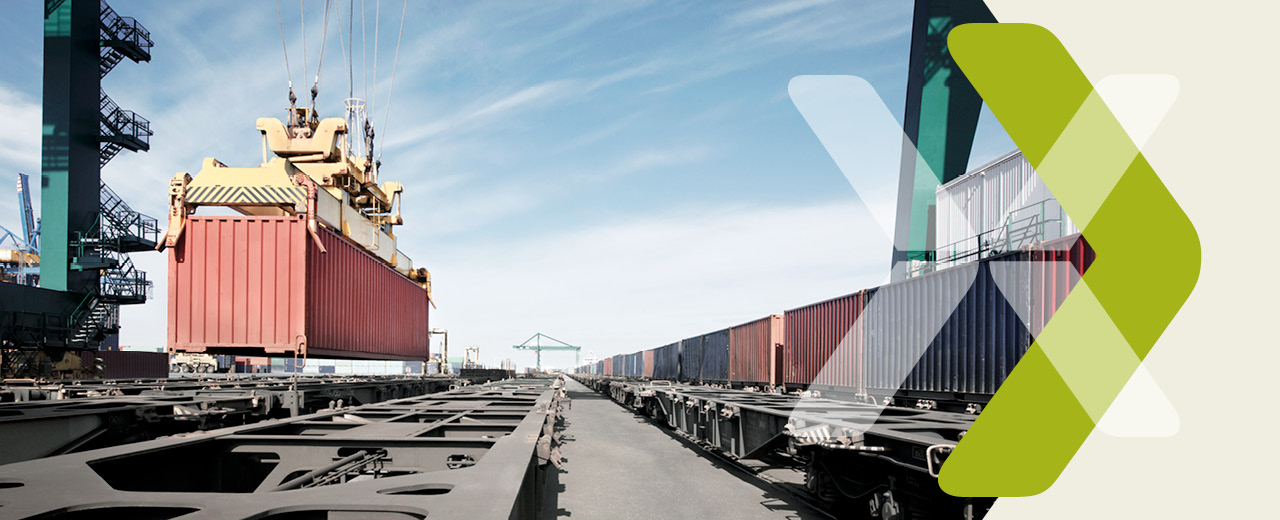

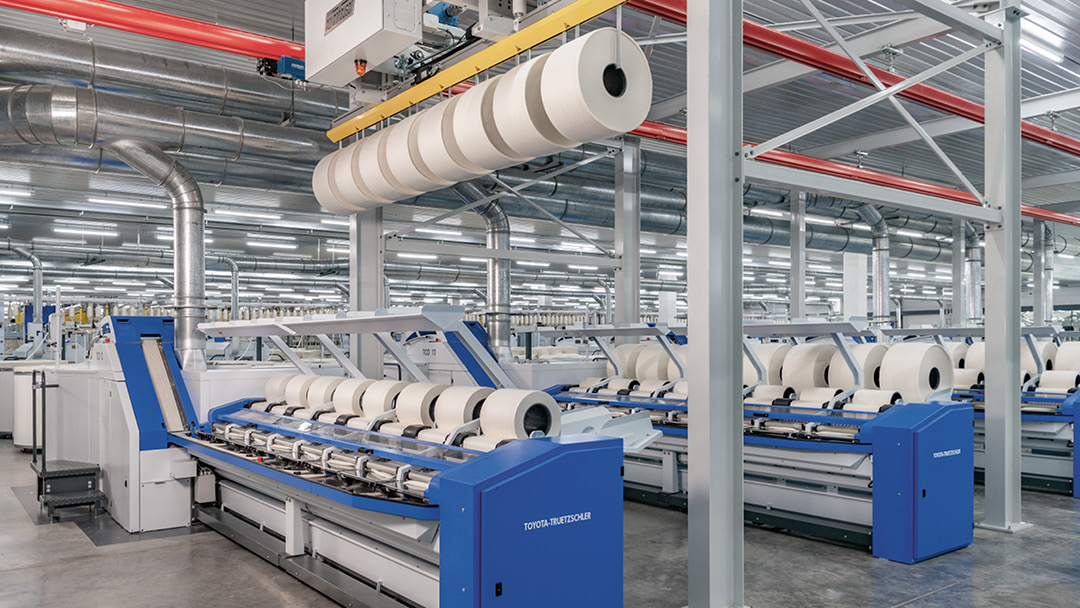
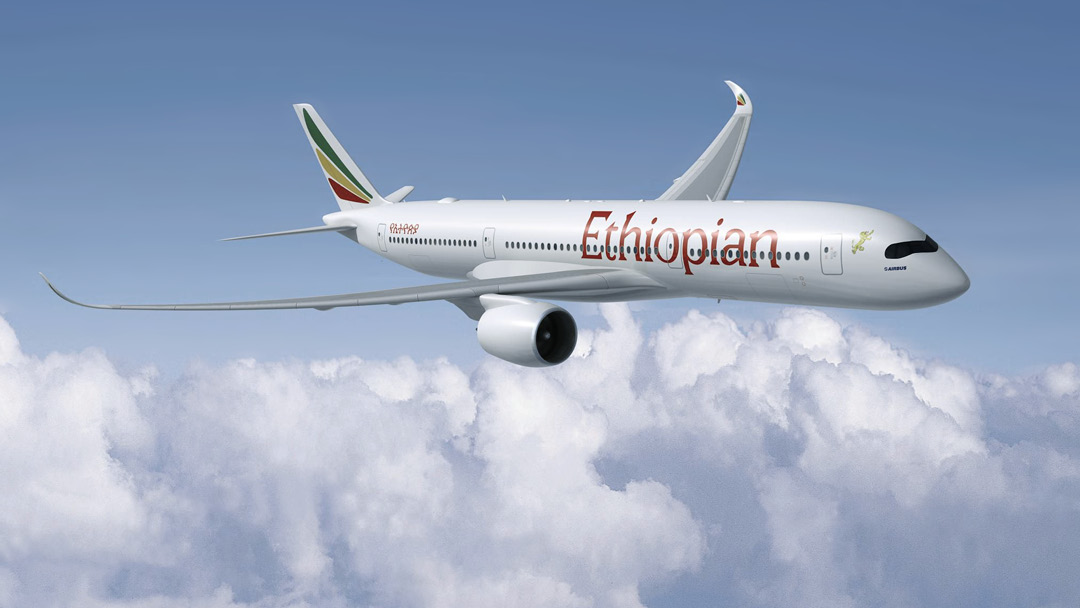
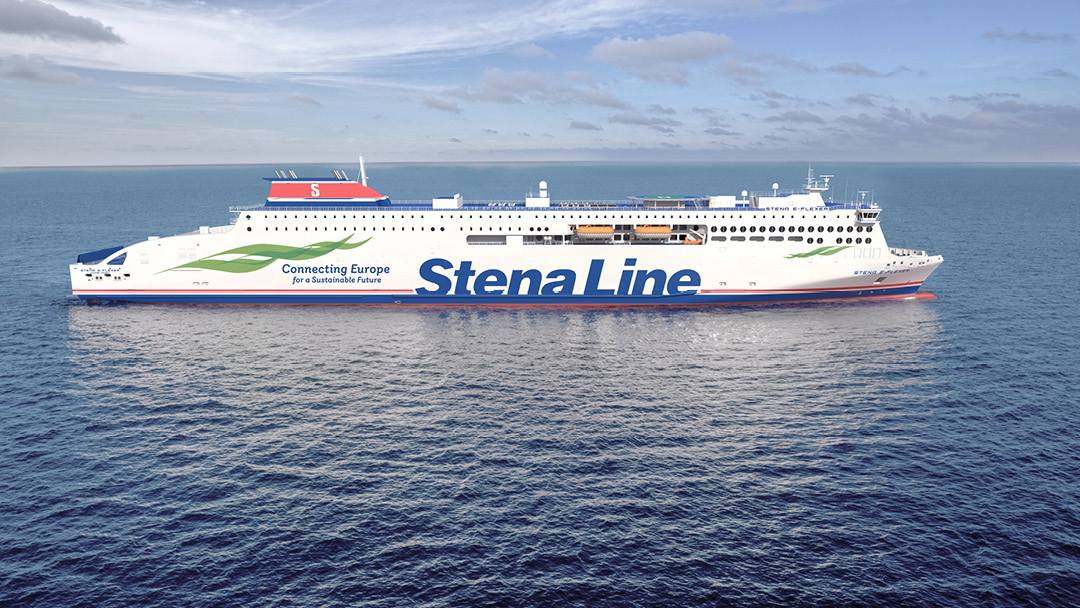
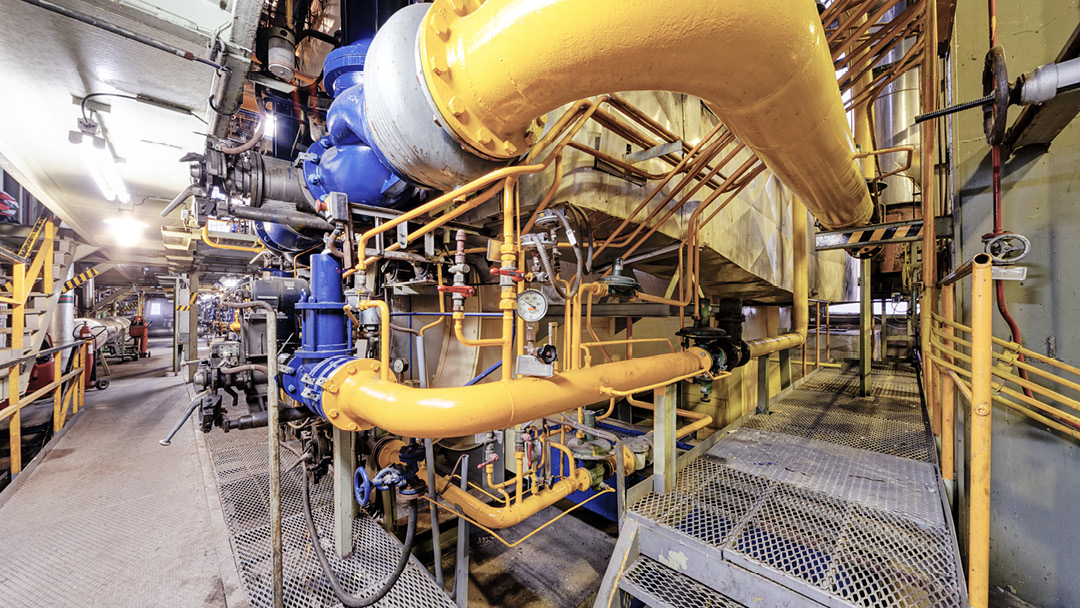
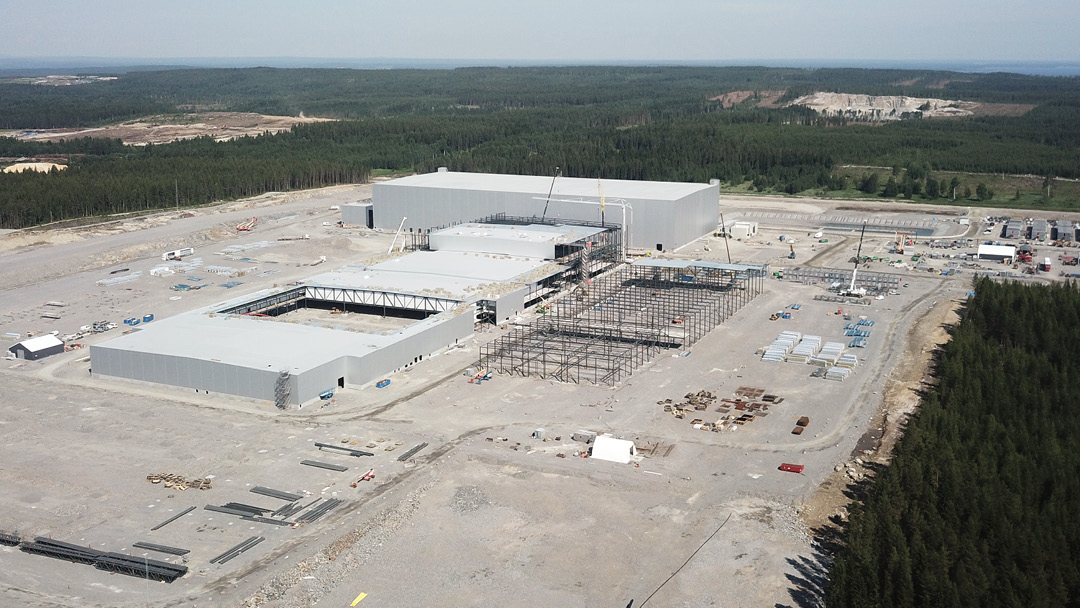
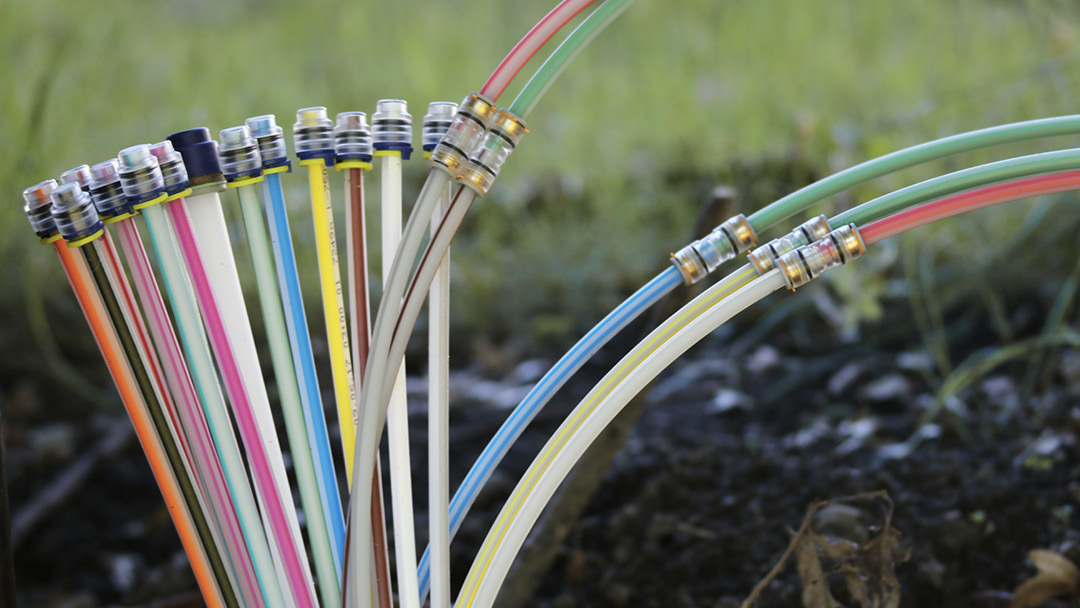
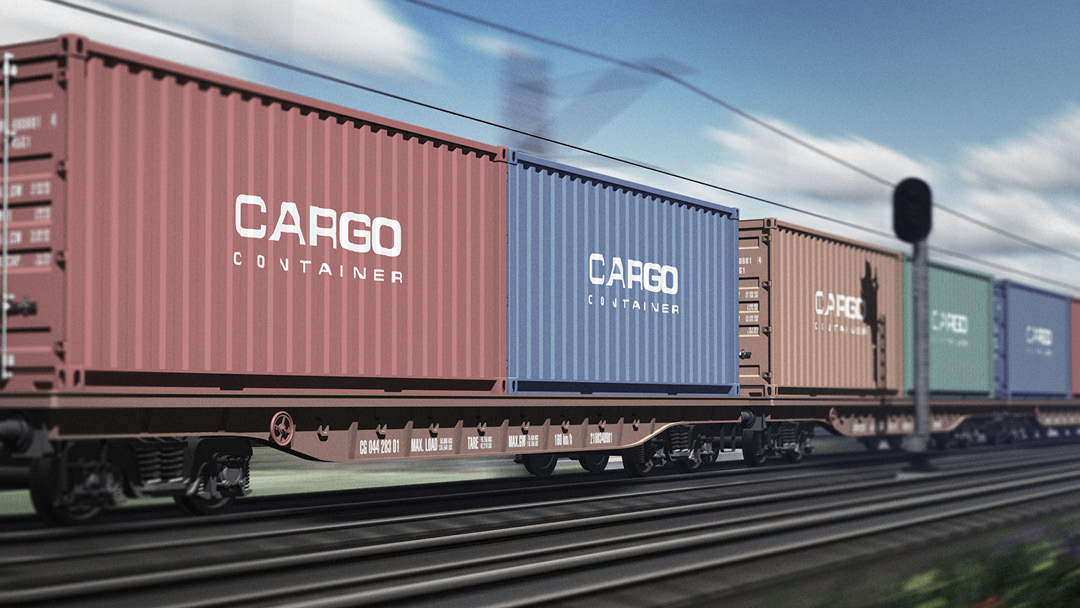
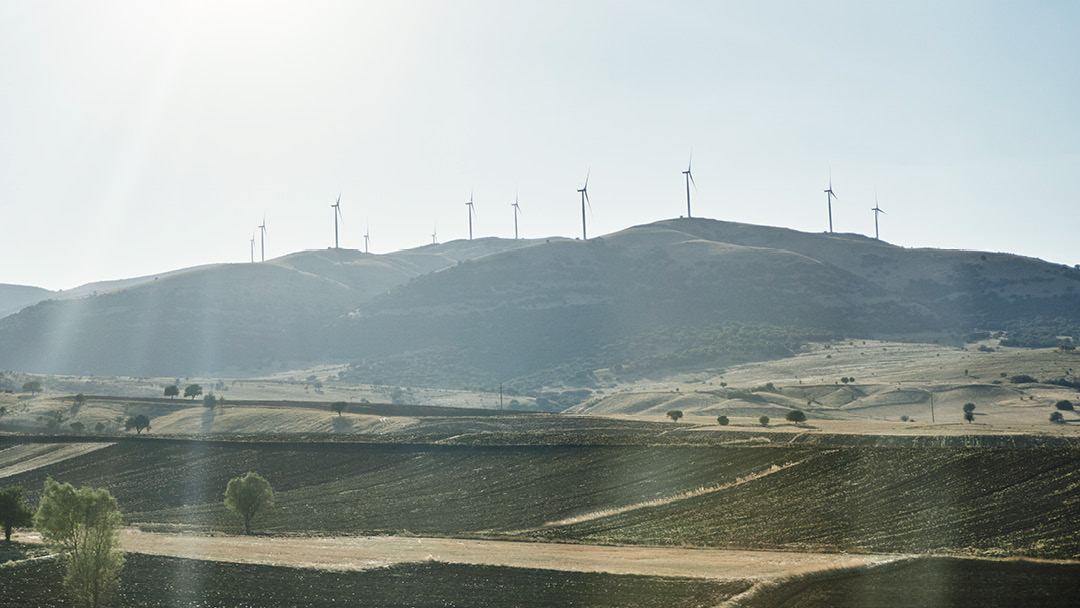
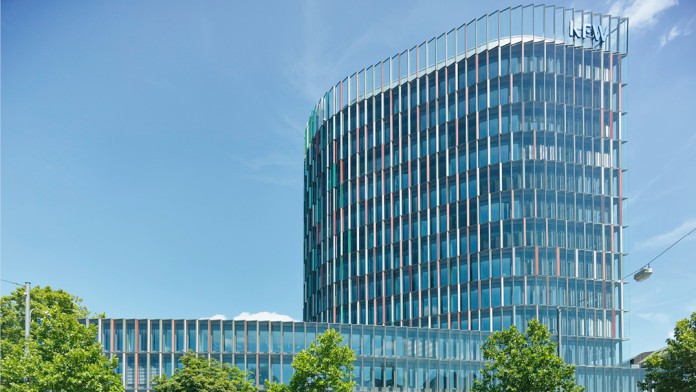
Share page
To share the content of this page with your network, click on one of the icons below.
Note on data protection: When you share content, your personal data is transferred to the selected network.
Data protection
Alternatively, you can also copy the short link: kfw-ipex-bank.de/s/enxBk9hv
Copy link Link copied